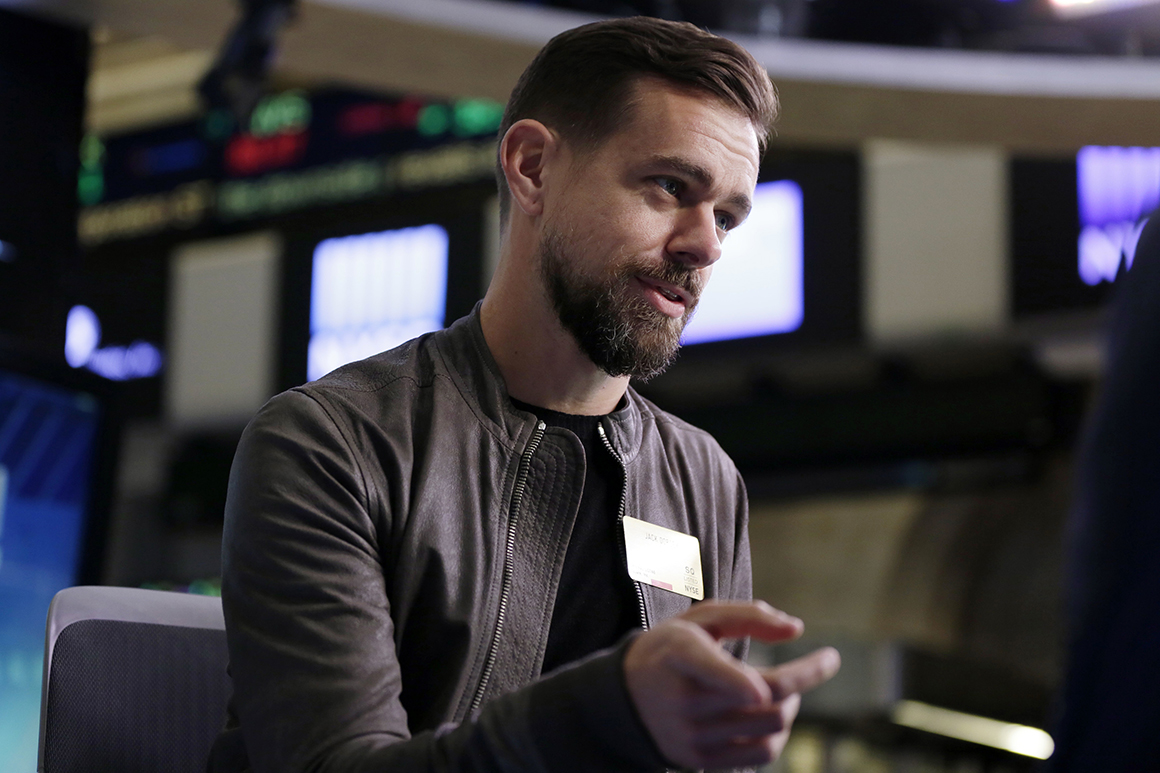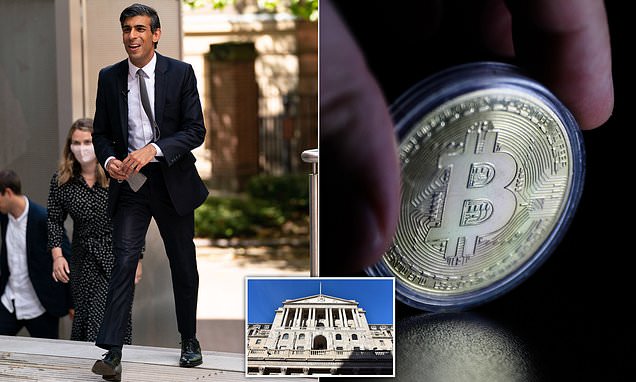 Gary Gensler answers questions from senators while testifying before the Senate Banking, Housing and Urban Affairs Committee on May 22, 2012.| Chip Somodevilla/Getty Images The creators of some of the services are beginning to make contact with regulators.Marc Boiron, general counsel of the decentralized exchange builder dYdX, said in an email that “we have proactively (and voluntarily) communicated with the CFTC prior to the deployment of all of the protocols” and “have always carefully considered the laws applicable to dYdX.” He said the first protocol dYdX developed required U.S.users to follow CFTC rules for retail commodity transactions.
Gary Gensler answers questions from senators while testifying before the Senate Banking, Housing and Urban Affairs Committee on May 22, 2012.| Chip Somodevilla/Getty Images The creators of some of the services are beginning to make contact with regulators.Marc Boiron, general counsel of the decentralized exchange builder dYdX, said in an email that “we have proactively (and voluntarily) communicated with the CFTC prior to the deployment of all of the protocols” and “have always carefully considered the laws applicable to dYdX.” He said the first protocol dYdX developed required U.S.users to follow CFTC rules for retail commodity transactions.
DeFi services have seen rapid growth over the past year amid the cryptocurrency boom, with more than $50 billion “locked” in services based on Ethereum, the network for Ether.Major centralized cryptocurrency exchanges like Coinbase, which has been at the forefront of offering digital currency trading to the masses, have begun to let their customers deposit funds and earn returns on DeFi.
Square CEO Jack Dorsey announced earlier this month that the digital payments giant planned to create a new business around an open developer platform “with the sole goal of making it easy to create non-custodial, permissionless and decentralized financial services.” Even established Wall Street banks have begun to look at the technology as a way to revamp their systems.
But the rapid rise of DeFi is raising growing concerns for lawmakers and regulators, who are signaling a possible crackdown amid increasing evidence of consumer risks.
Recent research has raised red flags about the absence of human oversight at DeFi services and technical vulnerabilities, including attacks that drained millions of dollars from DeFI protocols.
“In DeFi, intermediaries are largely excluded in favor of transparent code, presenting regulators and policymakers with complicated decisions as to how to assess transactions (often bilateral) for which no clearly identified party may be regulated,” Georgetown Law visiting scholar Linda Jeng and Castle Island Ventures partner Nic Carter said in a paper released last month .
Sen.
Elizabeth Warren is pressing SEC Chair Gary Gensler to rein in DeFi activities.In a letter this month , the Massachusetts Democrat said “scams have surged” on DeFi platforms, citing an estimate from analytics firm CipherTrace that there was $83 million in DeFi fraud during the first four months of this year.
In a July 21 speech , Gensler warned that services offering crypto tokens backed by securities and operating like derivatives — “whether in the decentralized or centralized finance space” — must work within the agency’s rules.
Berkovitz, a Democratic commissioner at the CFTC, has been among the most outspoken about the urgent need for officials to come to grips with what he says could become an “unregulated shadow financial market.” He argues that trading on DeFi platforms is likely happening illegally because it’s not abiding by the requirements of the Commodity Exchange Act, which imposes safeguards on derivatives transactions.He revealed this month that his agency, which regulates the trading of futures and swaps contracts, was looking at DeFi across its various divisions.
“If there are loopholes they are driving through, there may need to be legislation to close them,” he said.
Officials representing the SEC, CFTC and the International Organization of Securities Commissions were briefed by DeFi players in June, a sign of growing scrutiny.
Other federal agencies that oversee the banking system are also beginning to delve into DeFi, including the Office of the Comptroller of the Currency and the Fed.
“While DeFi, by definition, is decentralized and does not necessarily rely on the banking system, there are linkages, which are part of our review through the lens of responsible innovation, cognizant of the potential benefits of new technologies while focused on understanding the potential risks and use cases,” OCC spokesperson Bryan Hubbard said.
State officials are urging their federal counterparts to act.
“You’ve got all sorts of potential possibilities and potential risks that we have got to take a look at,” said Borg, the Alabama securities regulator.”It’s going to be a congressional, federal mandate, by SEC, CFTC, to come up with some of this stuff.”
The possibility of crackdown is already seeing pushback from some federal policymakers who champion free markets.SEC Commissioner Hester Peirce, a Republican appointee, said removing intermediaries improves resilience in the financial system.
She wants to avoid “just classifying DeFi in one big bucket and saying it’s all the same thing.”
Crypto industry groups are also urging regulators to proceed with caution.
“I don’t think there is a way to shoehorn in decentralized finance into the existing framework that depends on the regulation of intermediaries and gatekeepers,” said Miller Whitehouse-Levine, director of policy at the Blockchain Association.
One of regulators’ biggest challenges will be deciding to what extent to police the software underlying DeFi protocols, in light of free-speech concerns.
Jerry Brito, executive director of crypto advocacy group Coin Center, said restrictions on computer code would trigger opposition from his organization and others over the belief that it’s protected by the Constitution.
“Writing and publishing software is First Amendment-protected free speech,” he said.”There’s no compromise to be had on that.”
Filed Under: Federal Reserve , Gary Gensler POLITICO Politico Logo
Link Copied.
